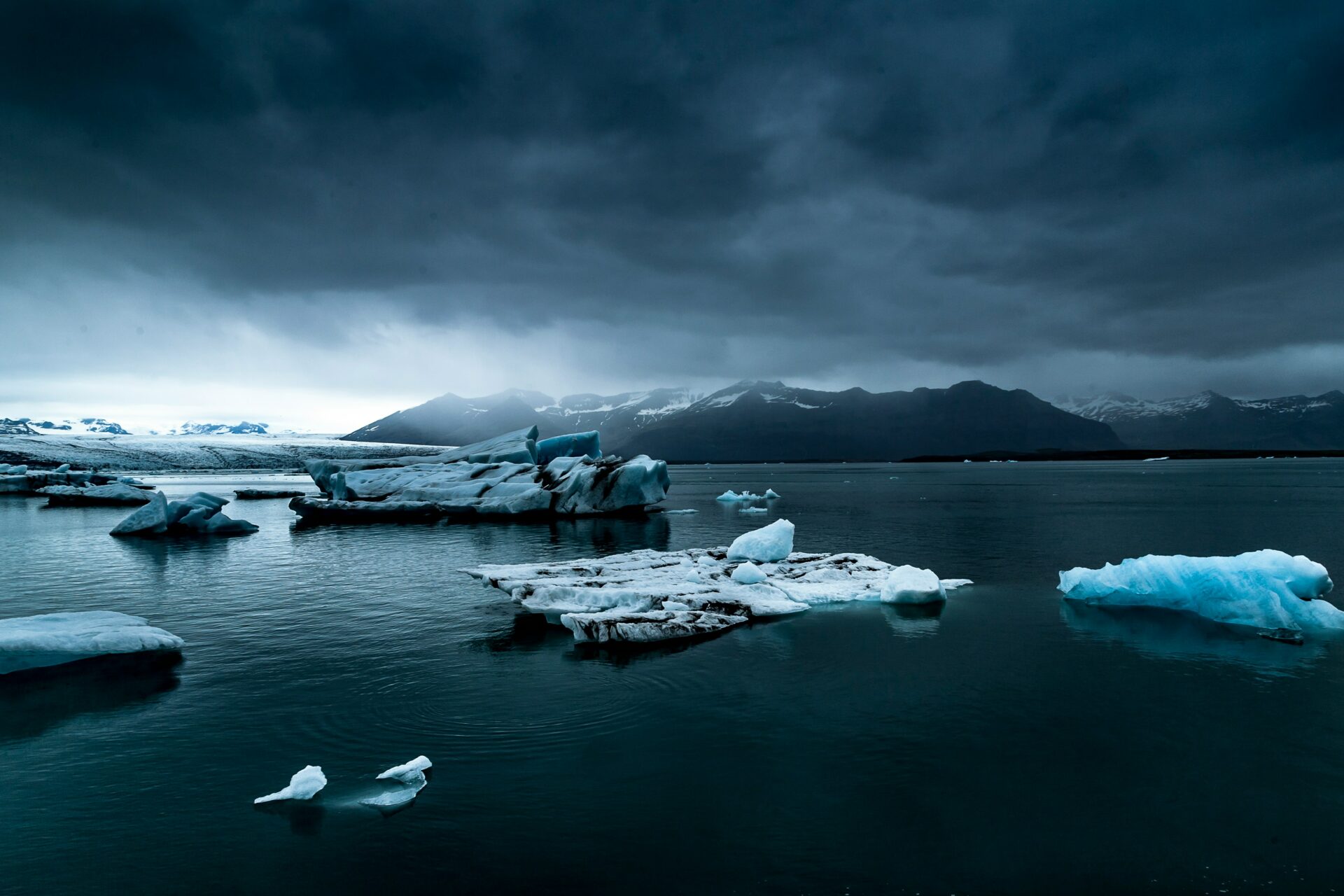Today [31 October], the Nordic Council has voted in favour of a resolution calling for a moratorium on deep-sea mining. This milestone vote, with support from parliamentarians across the Nordic countries, sends a clear message to Iceland and Norway to join their neighbours in taking a stance against the potentially hazardous deep-sea mining industry.
Meeting in Reykjavik this week for their annual session, the Nordic Council – an inter-parliamentary body focused on fostering Nordic cooperation – came together to discuss key issues. Today, the Council passed a resolution highlighting the urgent need to protect deep-sea environments from the potential devastation from mining activities and calling for the Nordic countries to advance a moratorium on deep-sea mining in international waters.
The proposal came from the second-largest party group in the Nordic Council – the Centre Group – and gained cross-party support in the Committee for a Sustainable Nordic Region this summer. “It concerns important habitats that have been untouched for thousands of years and that can be extensively damaged by mining,” said the Norwegian chair Tove Elise Madland, explaining the committee decision.
The Icelandic government has so far said it is following deep-sea mining developments and considering getting involved. This consideration follows persistent questioning in the Icelandic Parliament, and civil society urging the Icelandic government to support a moratorium.
The Norwegian government, on the other hand, is pressing forward with deep-sea mining licences within its national jurisdiction due to be concluded in the first half of 2025, despite fierce opposition from the fishing industry, NGOs, researchers, and the global community. Although the Nordic Council resolution does not focus on waters within national jurisdiction, it might be considered as an implicit criticism of Norway’s premature licensing round.
Deep-sea mining in international waters is managed by the UN-affiliated International Seabed Authority (ISA). All Nordic countries are members of the ISA and can influence its decision-making, including in the ongoing mining code negotiations. This so-called mining code would enable the Authority to give out exploitation permits. Researchers have already warned that adopting a mining code given the current lack of knowledge of the deep sea would pose a significant risk to the marine environment.
While the Kingdom of Denmark (including the Faroe Islands and Greenland), Finland, and Sweden have pledged support for a precautionary pause on deep-sea mining – forming the 32 countries and counting that hold similar positions – the resolution underscores the need for all Nordic countries to enhance their efforts and deliver on their commitments to protect the deep sea. Resolutions in the Nordic Council require member governments to report back within three months on the steps they are taking to address the recommendations in the resolutions.
Today’s resolution is significant as deep-sea mining becomes a growing concern worldwide. As the ISA negotiates a mining code with plans to adopt one by July 2025, there is increasing urgency for countries to support a moratorium. As leaders in global environmental governance, the Nordic nations are well-positioned to lead the charge in protecting the deep sea, setting an example for other regions around the world.



